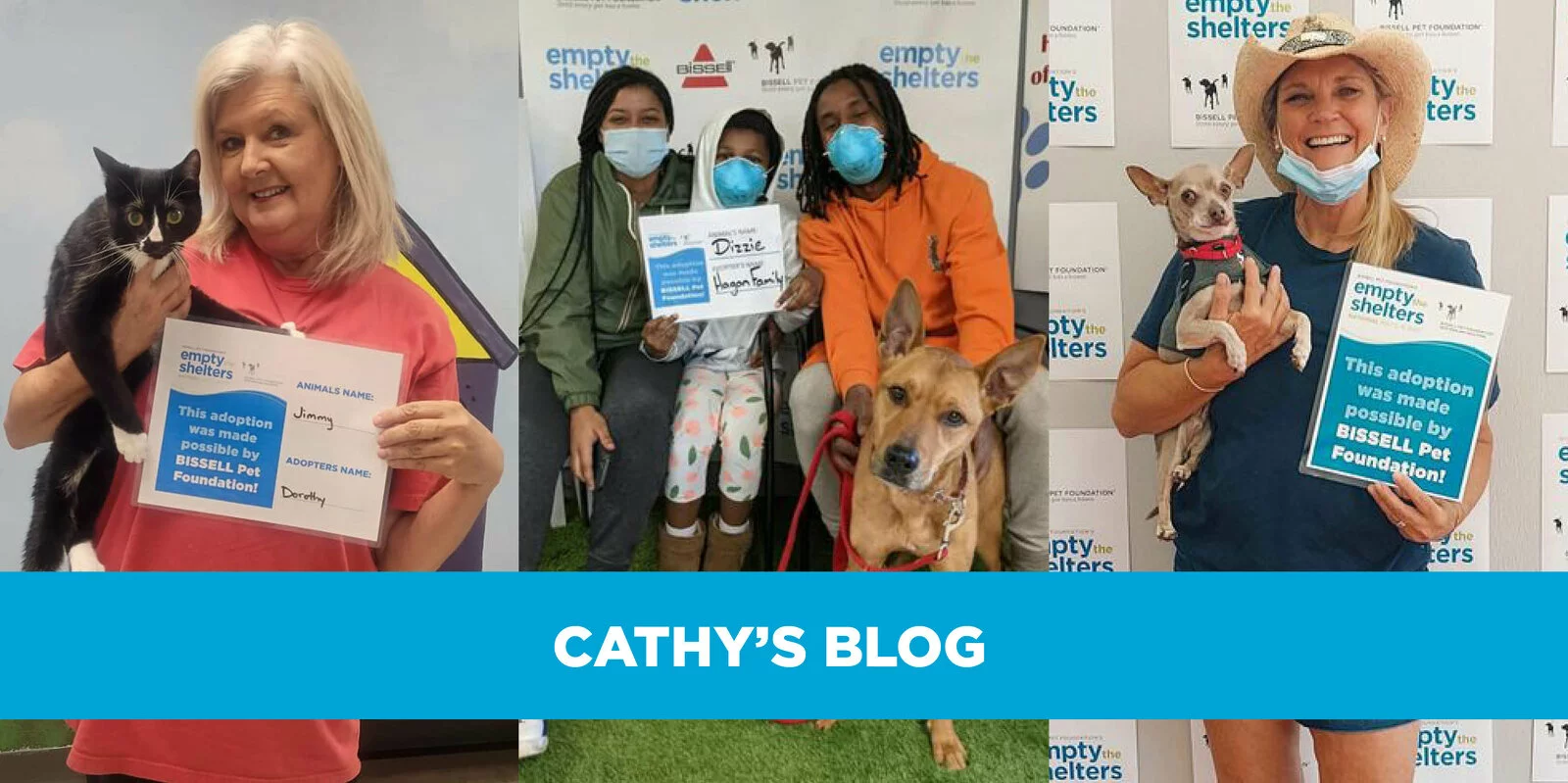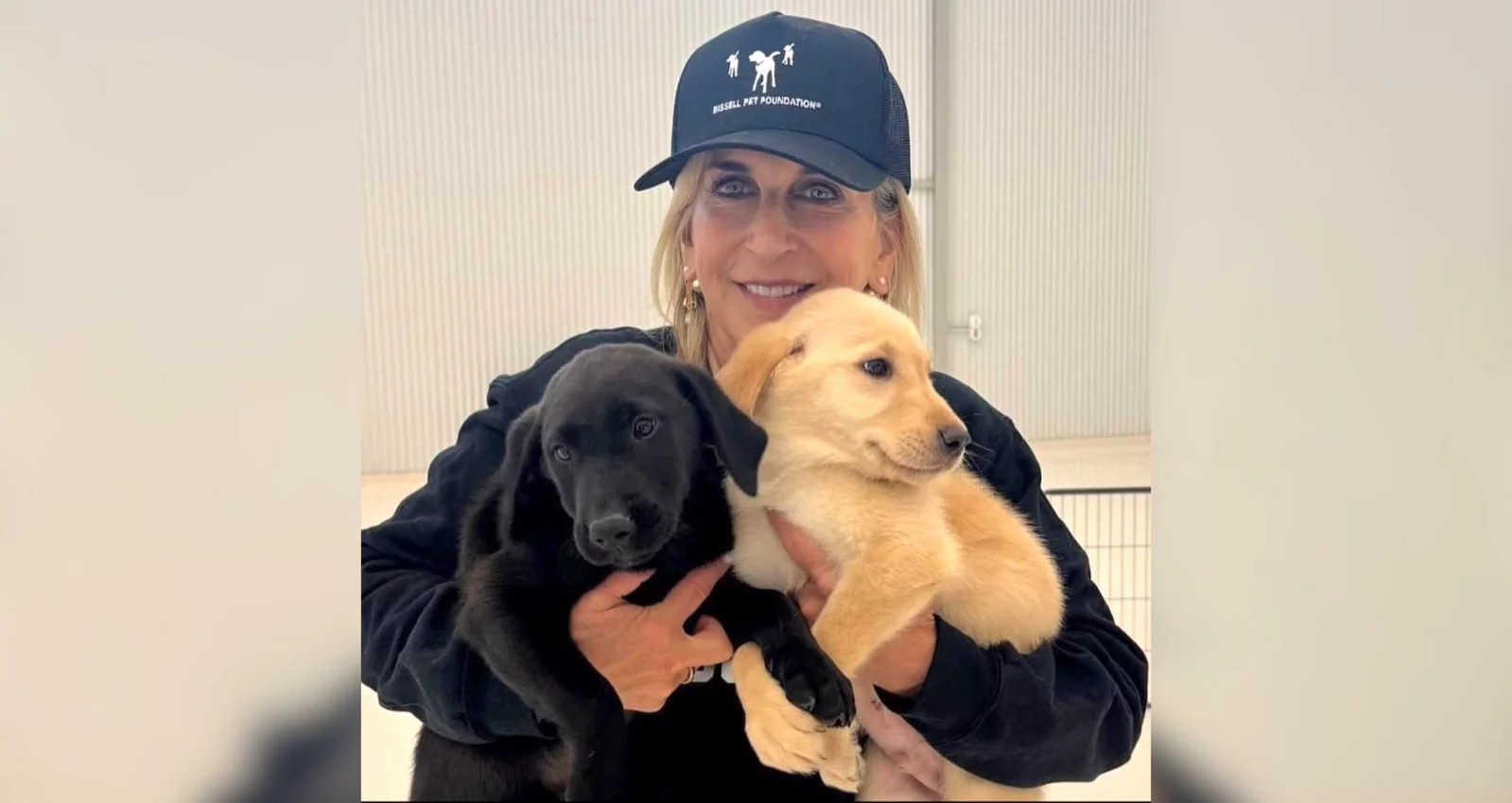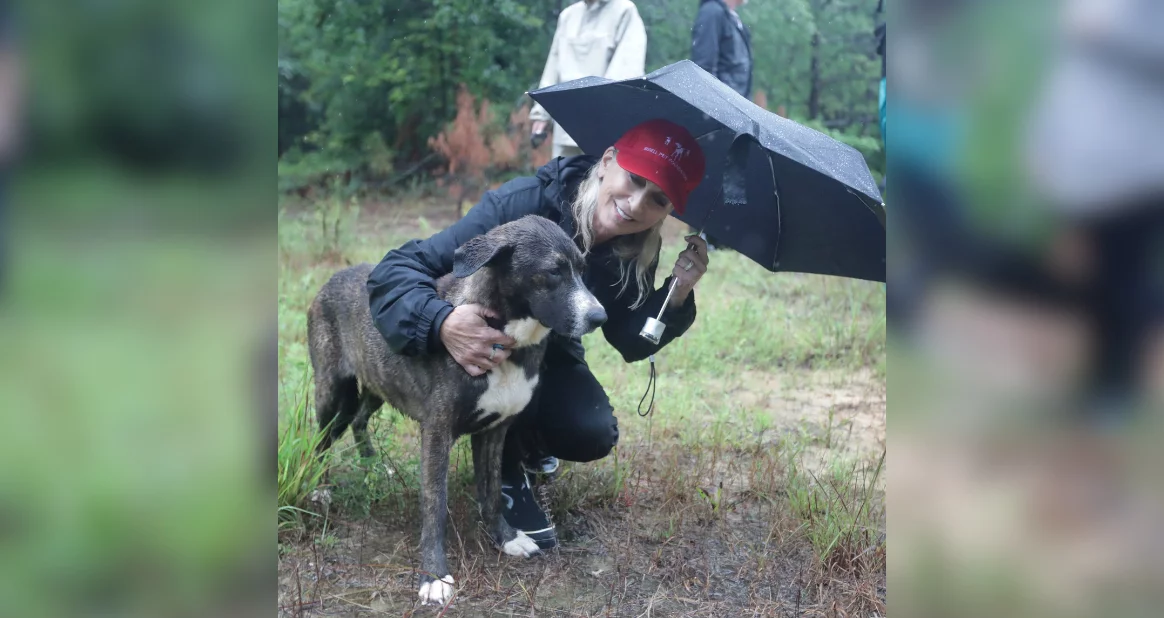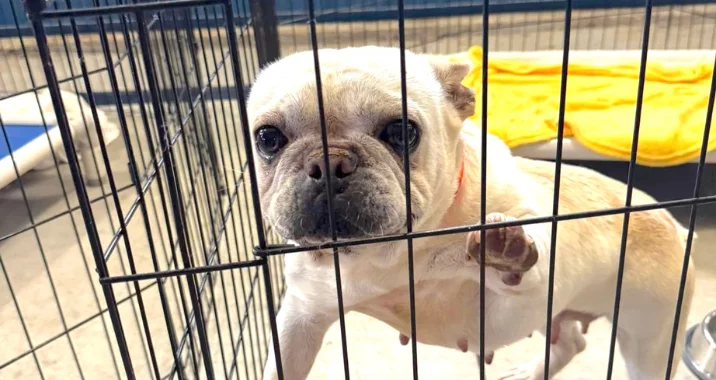Barriers
BISSELL Pet Foundation just wrapped up our Spring Empty the Shelters event, and I’m overjoyed that we broke records! With 200 shelters participating and 4,374 pets adopted, this was our largest event to date. Empty the Shelters enables families to adopt pets at a reduced rate, provides grants to animal shelters that participate, and brings positive media attention to each community, celebrating adoption. These events are among my favorite things! My heart fills with love and admiration as the pictures pour into the BPF team from animal shelters across the country.
The Empty the Shelters events are about breaking down adoption barriers and engaging each community to rally around the animal shelter. Barriers have been on my mind a lot lately. When I see an adorable dog or cat without a home, I ask why, but barriers have two sides and I find myself questioning the other side as well. There are families looking for a pet and are having a difficult time adopting one because they are being declined.
One of the many things that Covid has taught is that we need to learn to trust our communities again. Expanded foster programs saved thousands of lives when shelters emptied at the beginning of the pandemic. A non-judgmental approach was applied across the nation to keep pets in loving homes in underserved communities when shelters began to run at a limited capacity. In many communities, animal control tried desperately to solve the problem rather than take pets back to the shelter. Here is the thing, the more support shelters provided families in need, the more awareness continued to increase on the importance of pets in our homes and communities. Barriers were crashing all around us as our trust grew, and it took a pandemic to show us we could do it.
The shift in policy changes for many animal shelters has highlighted the more stringent policies of rescue groups. Rescue groups have traditionally been able to hold pets longer, waiting for the right home. That is a good thing, except when it’s not. With awareness around the importance of pets increasing and additional community resources for pets, should we start looking at each individual family rather than apply a single qualification? For example, if a young couple is extremely active and plans to take their dog everywhere and does not have a fence, can we learn to trust them to harness their husky and walk her enough to satisfy her physical requirements? Can we have a conversation with the person who is truthful on their application about having an unneutered pet rather than simply sending them a decline email? I have a staff member that does not give monthly heartworm prevention to her dog. He is very sensitive, and it causes him medical set back each time she tries. He gets HW tested every six months. A simple yes/no box on an application would disqualify her from adopting from many rescues. Trust me, any dog is lucky to be part of her family.
We can do better. The perfect home has many variations. Shelters and rescues alike should examine their adoption applications and policies, consider removing old requirements, and inserting trust. This has not been an easy shift for some, but it is the right thing to do. Don’t get me wrong, we should not eliminate the screening process entirely, but we should have more conversations and fewer boxes to check. To keep frustrated adopters from turning to puppy mills, we must learn to trust in the human-animal bond and leave our judgment at the door as we enter this next phase of the animal welfare movement.
Until every pet has a home,
Cathy Bissell




